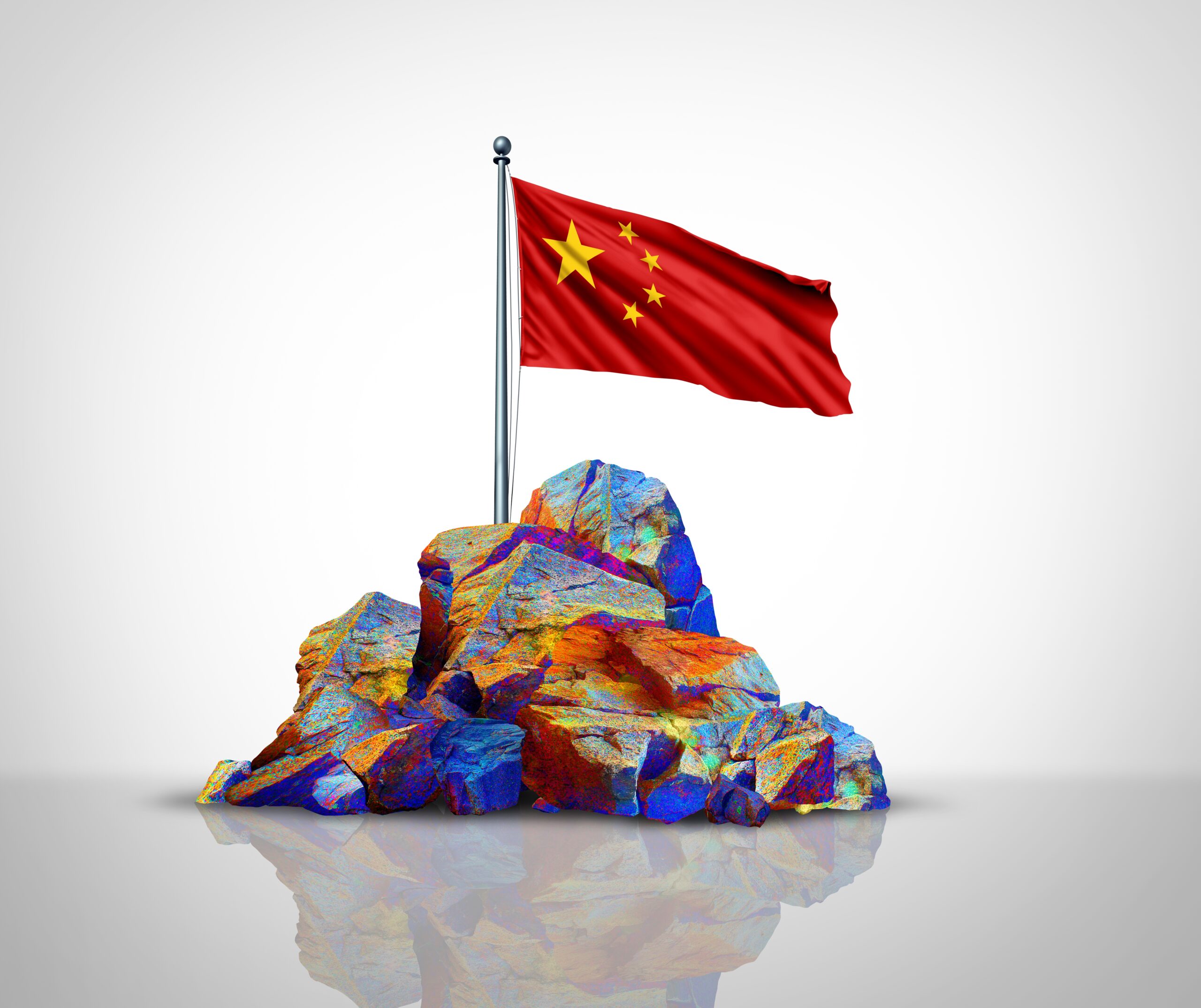Carmakers are seeking alternative sources of rare earth minerals for magnets, since China’s decision in April to curb the export of their monopolistic supply.
The tit for tat between the Chinese and the US caused by the tariff war has choked the auto industry. Beijing controls approximately 90% of the global supply of these strategic metals, which are essential for electric vehicle motors to function at high speeds. If manufacturers don’t receive rare earth minerals, they can’t make the magnets needed to operate electric motors. Furthermore, magnets are also necessary in windshield wipers, headlights, braking systems, steering wheels and seat motors.
To counteract that existential threat, carmakers are desperately looking for alternatives to the status quo. If magnet exports are restricted, they could instead directly install the magnets in motors in China and avoid all the fuss. After all, there are well-known Chinese magnet producers with whom to work.
Another alternative is to stockpile inventories of minerals. The Korean Hyundai Motor recently reassured its investors by stating that the company had a stockpile that could last for a year. European colleagues have tried another path: finding suppliers outside of China. It is reported that German automaker Mercedes-Benz has recently approached British company Rainbow Rare Earths. The company’s long-term goal is to secure future output from Rainbow’s South African mine, which is expected to start production in 2027. Porsche also asked German magnet-maker Magnosphere to increase its production.
And if the suppliers can’t comply, find a way to eliminate the need for rare earth minerals. That’s the promise made by Conifer, a Silicon Valley company testing motors that use magnets based on iron. However, that new technology is not yet ready for mass production.
In another sector, Apple also finds itself in a bind. Rare earth magnets make cellphones vibrate. The company can’t rely on the slow Chinese license approval bureaucracy for magnet exports. Since April, only a quarter of license requests have been successful. To counter the risk of supply chain disruption, Apple has partnered with MP Materials, which produces magnets from recycled materials. Apple decided to invest $500 million to guarantee a steady supply of magnets, starting in 2027.




